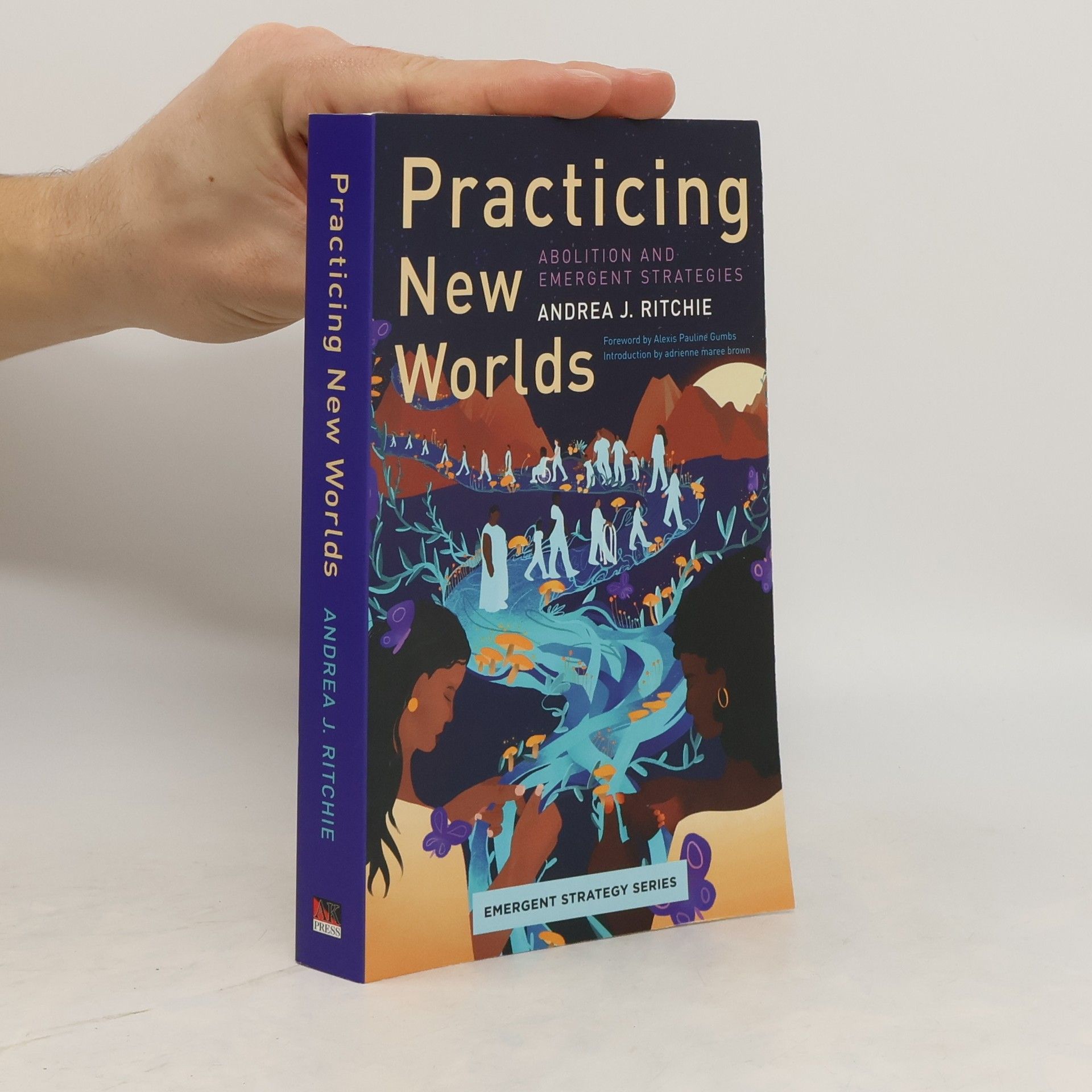Andrea J. Ritchie Bücher
Andrea Ritchie ist eine führende Expertin und Aktivistin, die sich auf die Kriminalisierung von Frauen und farbigen Menschen innerhalb der LGBT-Gemeinschaft konzentriert. Durch umfangreiche Forschung und Schriften befasst sich Ritchie mit Fragen der Polizeigewalt und des Racial Profiling, insbesondere in Bezug auf farbige Frauen und die LGBT-Bevölkerung. Ihre Analysen beleuchten systemische Probleme innerhalb der Strafverfolgungs- und Justizsysteme und heben die Auswirkungen dieser Politiken auf marginalisierte Gruppen hervor. Als gefragte Kommentatorin und Forscherin leistet Ritchie einen bedeutenden Beitrag zum öffentlichen Diskurs und setzt sich für entscheidende Reformen in den Bereichen Rassengerechtigkeit und Menschenrechte ein.
